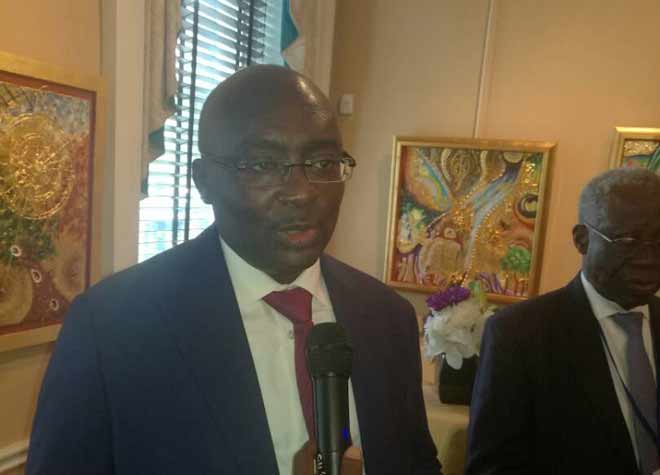
Government has begun discussions with officials of the Millennium Challenge Corporation (MCC) to renegotiate the power compact agreement for a majority Ghanaian ownership for the concession of the Electricity Company of Ghana.
This is to ensure that the concessioners of the wholly state owned Power Company is largely managed by Ghanaians with less foreign participation.
The Ghana Power Compact between the MCC and the Government of Ghana (GoG) was signed in August 2014, and disbursement expected to begin in mid-2016 but was delayed due to protest from workers of ECG over possible retrenchment and the government not meeting the terms of the agreement.
But Vice President, Dr Mahamudu Bawumia, in an interview with the Daily Graphic on the side lines of the ongoing IMF/World Bank in Washington DC in the USA that part of the renegotiations will include an assurance of no job losses at ECG when the management is ceded to a concession.
About US$350 million out of the total US$498.2 million compact is expected to be channeled into the modernization and reduction of commercial losses by the ECG.
Energy market
The money, which was to be disbursed in five years under the Ghana Power Compact seeks to reduce poverty and open the country’s energy market to private investment by supporting the transformation of the power sector.
“We have renegotiated the agreement in a sense to make sure this concession agreement has majority Ghanaian ownership of the concession”, he said.
“Secondly, we insisted on an assurance that there will be no lay offs”.
The Vice President, who is leading high powered delegation of the Economic management team, which include the Senior Minister, Mr Yaw Osafo Maafo and the Finance and Economic Planning Minister, Mr Ken Ofori Atta said the terms of the renegotiations of the compact is good news for Ghana and all the stakeholders concerned in the energy sector.
“We have insisted on all these elements in the contracts and we have gotten an understanding of that from the MCC and I think this is good news for Ghana and good news for all the players in the industry”, he reassured.
Under the compact, six projects- the ECG Financial and Operational Turnaround Project, NEDCo Financial and Operational Turnaround Project, Regulatory Strengthening and Capacity Building Project and Access Project- would be implemented.
The rest are Power Generation Sector Improvement Project and Energy Efficiency and Demand Side Management Project.
Controversy over concession
The power compact agreement under the MCC had sparked running controversy since its announcement in 2014. A coalition of stakeholders on the ECG concession arrangement recently called on the new government to review the MCC Compact II.
Vice President of think tank, IMANI Ghana, Mr Kofi Bentle, presenting the report of the legal team of the coalition, said although the team supports the MCC Compact II, Article 7.1, which states that when the implementation process begins it shall not be subject to the laws of Ghana, restricts government and gives the investors- the US government, through the Millennium Development Authority (MiDA)- powers to do anything.
The article, which is a stabilization clause, is normal with international agreement when someone is coming to invest so on the face of it there is nothing wrong about that. However, it is dangerous for it to remain as it is. “What we need is another clause to tie it down to specific areas where it is applicable and not leave it as an omnibus clause,” he said.
The agreement was expected to improve the governance and management of ECG by bringing a private sector operator and building infrastructure and foundational investments designed to reduce losses and improve service quality.
Government has begun discussions with officials of the Millennium Challenge Corporation (MCC) to renegotiate the power compact agreement for a majority Ghanaian ownership for the concession of the Electricity Company of Ghana.
This is to ensure that the concessioners of the wholly state owned Power Company is largely managed by Ghanaians with less foreign participation.
Read Full Story

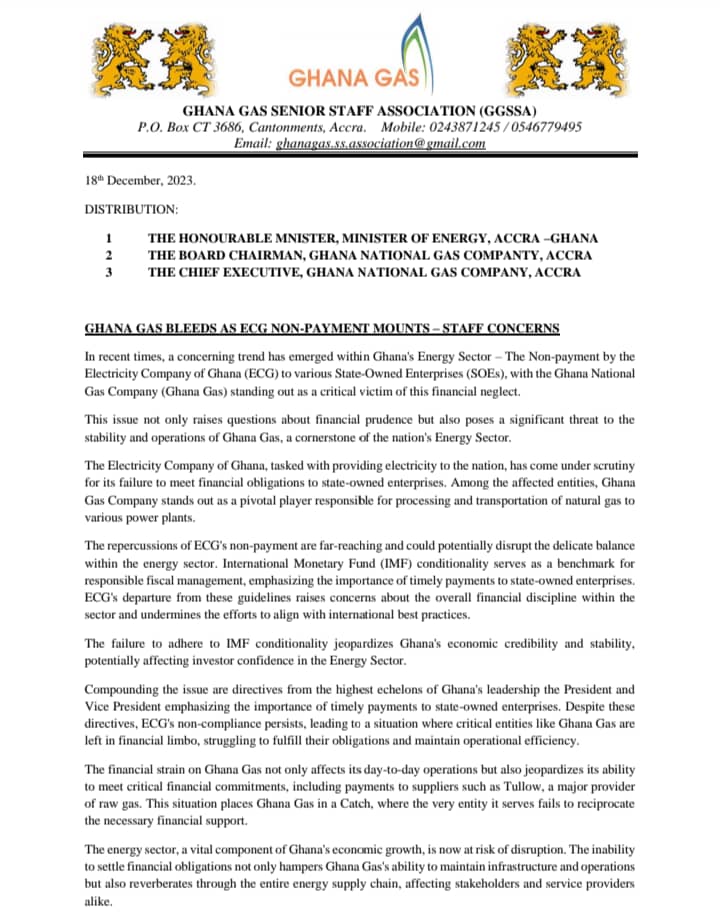
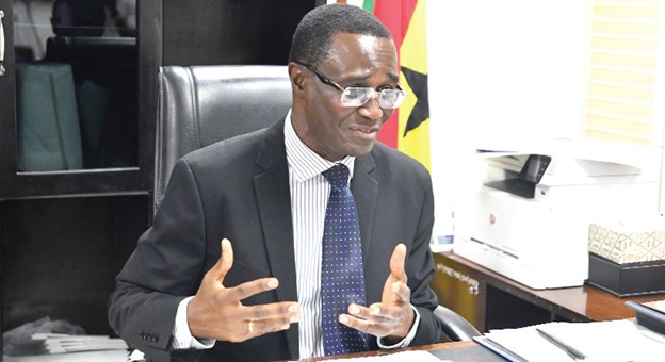
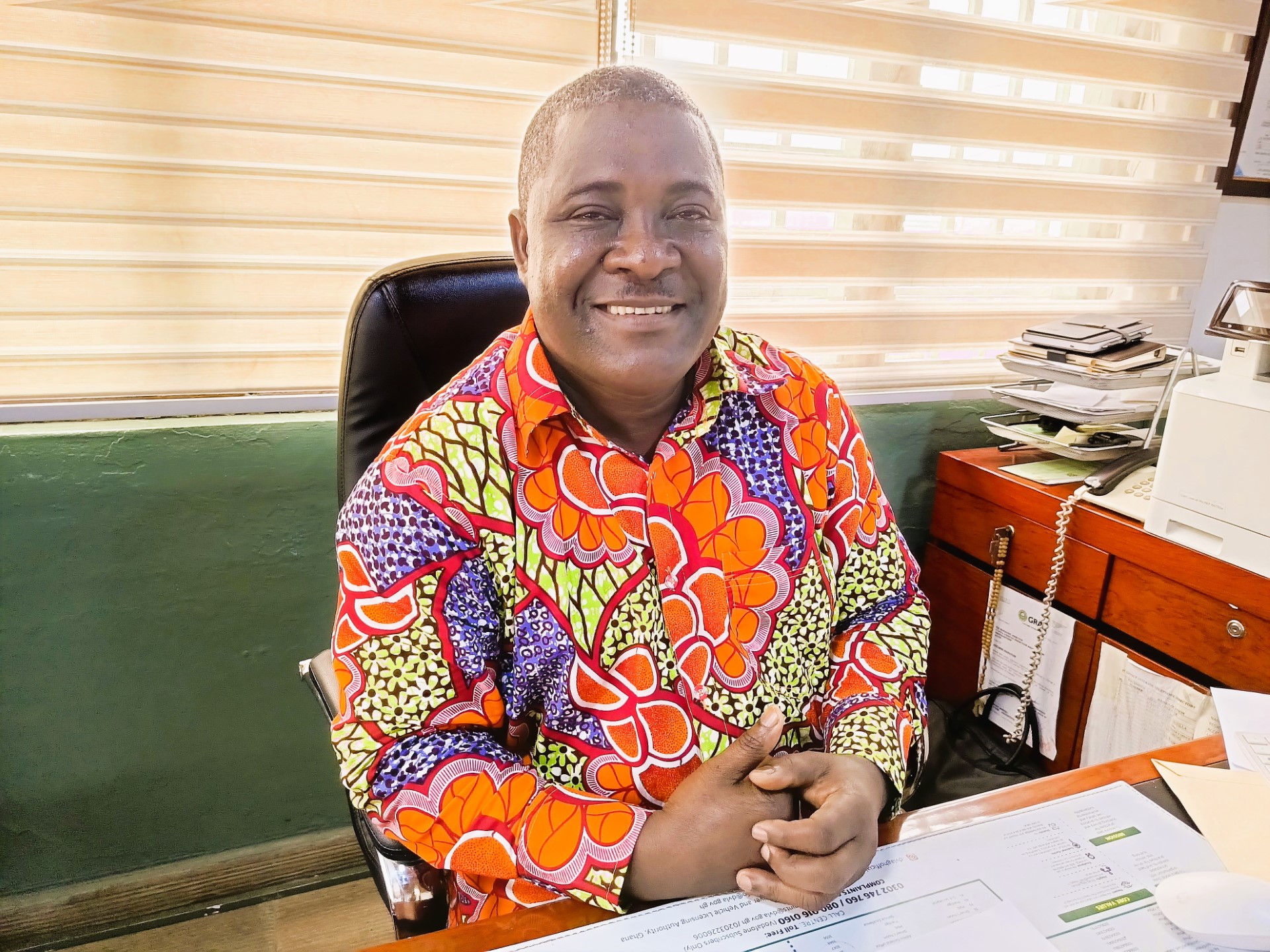






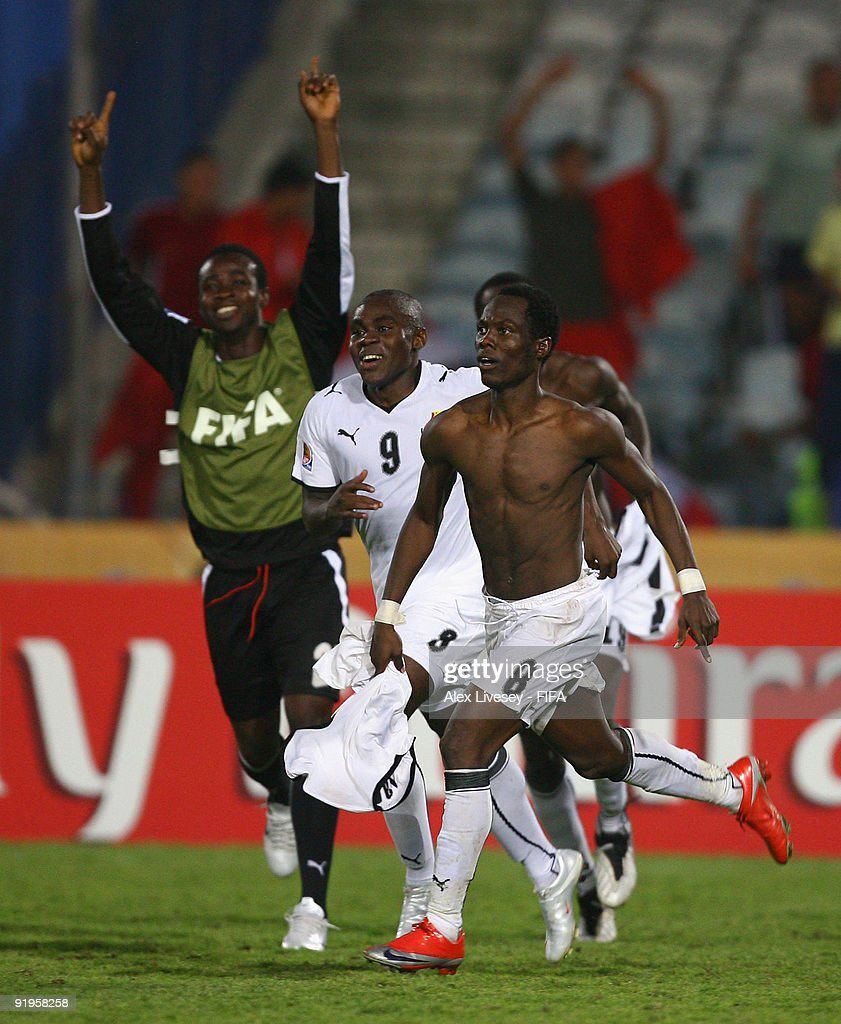


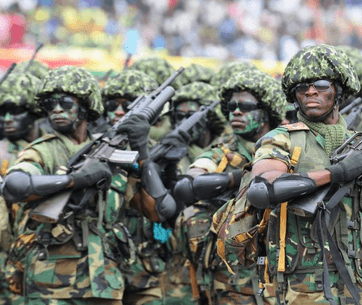


Facebook
Twitter
Pinterest
Instagram
Google+
YouTube
LinkedIn
RSS